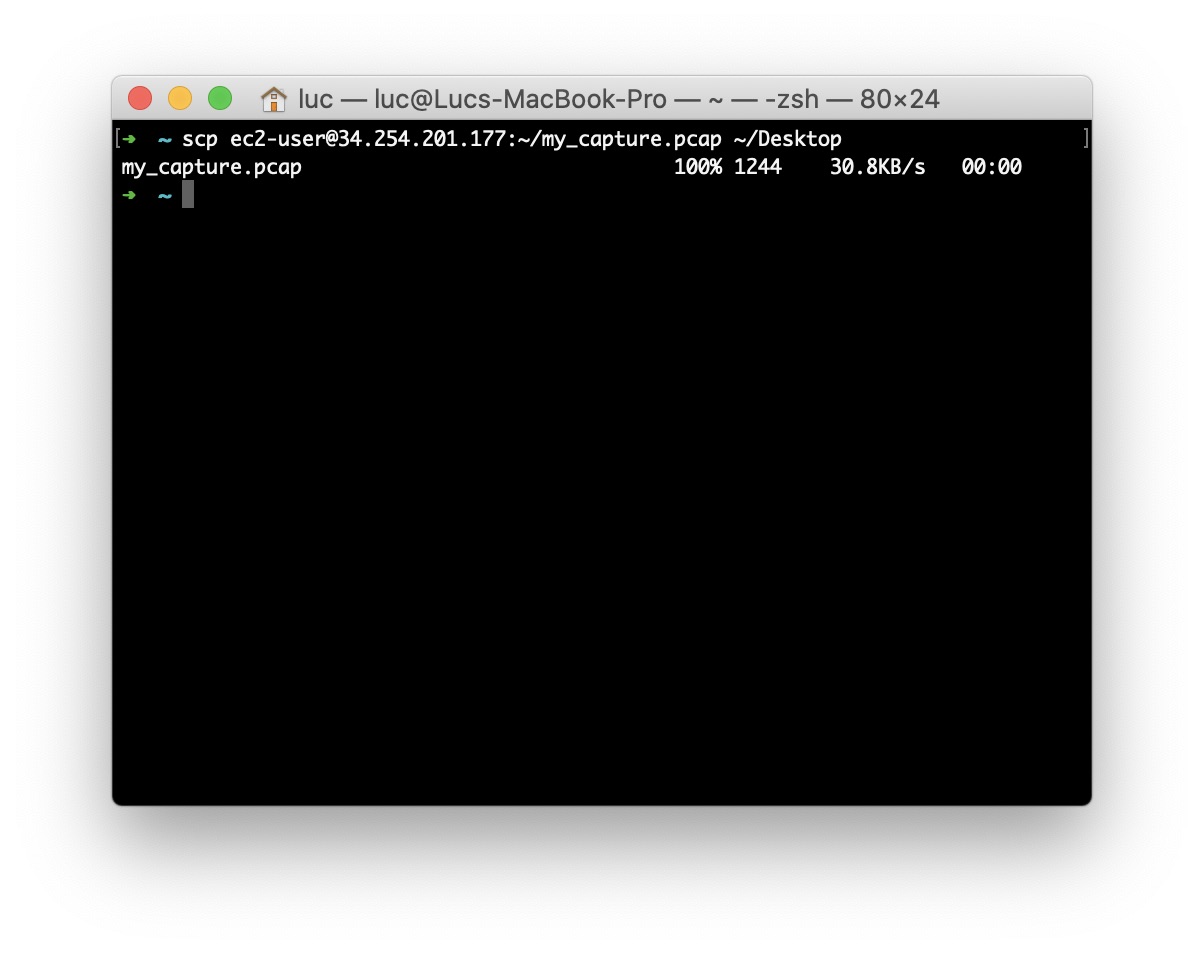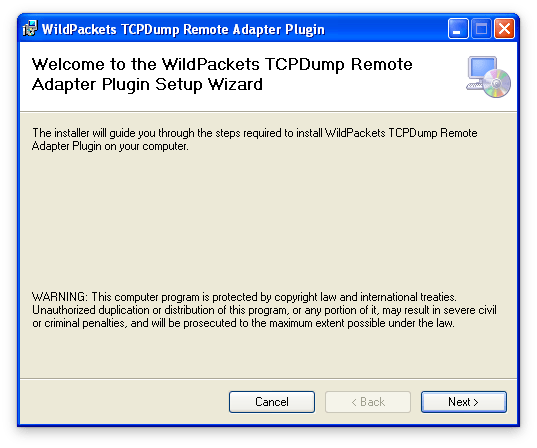

- Install tcpdump mac install#
- Install tcpdump mac update#
- Install tcpdump mac full#
- Install tcpdump mac mac#
While searching for a method to update 'tcpdump' (packet sniffer) in Sierra I came across a PPC GUI front end to 'tcpdump' called MacSniffer. The original publisher is gone, but it can still be downloaded via the Internet Wayback machine at this URL: The man page for tcpdump is available here: NOTE: See post from RE: needed permission changes. MacSniffer can be useful for diagnosing many network problems, debugging client/server programs, and scanning for particular network exploits in real time.
Install tcpdump mac full#
You can choose the level of detail you want captured, from just the minimal packet headers (showing source and destination hosts and ports) up to a full hex and ASCII dump of the packet contents. MacSniffer includes a filter editing interface and a filter library to easily construct and reuse packet filters to view a subset of all the traffic on the connection, such as just that destined for a specific host or port. MacSniffer allows you to view all of the traffic on a network connection, such as ethernet.
Install tcpdump mac mac#


* since these examples can be compiled under *nix as well * we do not want the warnings about the old deprecated and unsecure CRT functions Captures 15 network packets and displays them with the Source MAC, Destiny MAC and the Packet Type.Displays a list of all the NICs in your computer and allows you to select one to perform the packet capturing.This is a sample program in C which does 2 basic things: Now, let’s write a sample program to check everything is working ok. When you specify -lpcap your compiler will use your local $PATH to get the library and definitions paths and will setup them accordingly. This utility is as simple as specifying the -lpcap parameter with your compiler options, easy and simple. If you followed my previous instructions, pcap will come with a special utility in which the library itself takes care of the paths and object files used in the compilation process. Usually, this means knowing the exact location of your library and probably check out for version upgrades and changes. In order to get the library into your code, you need to specify the object files and the directories from which the compiler will grab the headers. If you got brew, then the next step is simple as in:Īfter that, you should be able to use pcap in your C/C++ programs. In case you do not have installed Homebrew yet, go to Homebrew’s homepage and follow the instructions. Homebrew/homebrew-cask (git revision f3d7c last commit )

Homebrew/homebrew-core (git revision a968a last commit ) Which should show you something like: Homebrew 2.0.0
Install tcpdump mac install#
To install pcap, we need to have Homebrew installed in our system, you can check if you have Homebrew by running: The library is designed to work on C and C++, and there are ports for Java, Python and other languages. This library is the powerful back end for the powerful tool tcpdump so you can really get an idea of how powerful it is. If you’re on a Mac (like me), installing this library is easy-peasy thanks to the amazing (and almighty) Homebrew. The library which contains the pcap module, is called libpcap and Linux-based distros ship with it by default. libpcap is the underlying library running under the famous tcpdump program which is a powerful network diagnosis tool. The pcap library is one of the most famous and used network packet sniffing tool around the world.


 0 kommentar(er)
0 kommentar(er)
